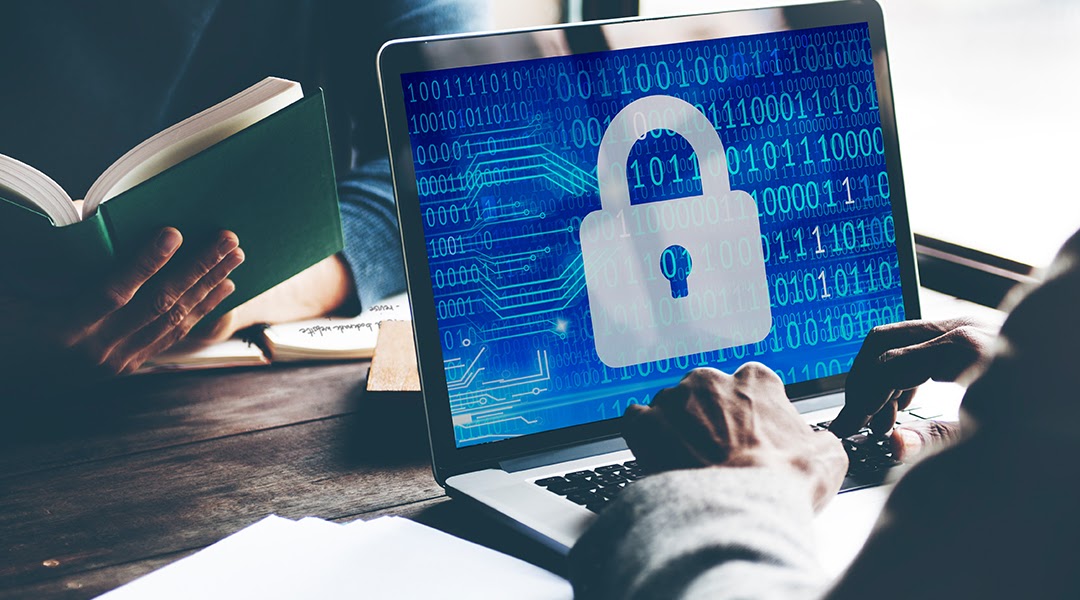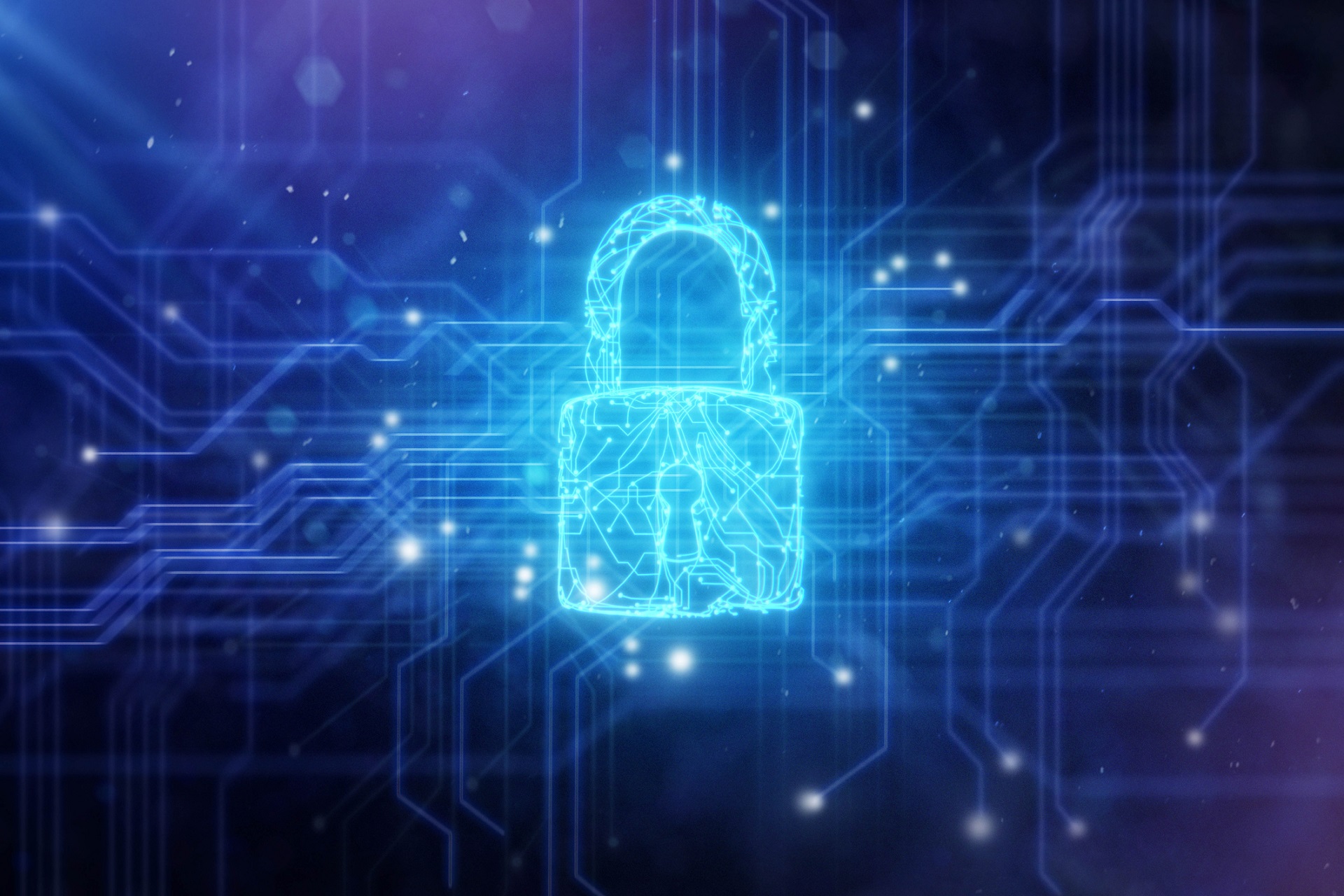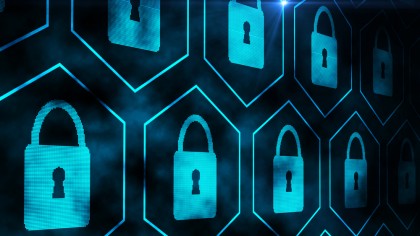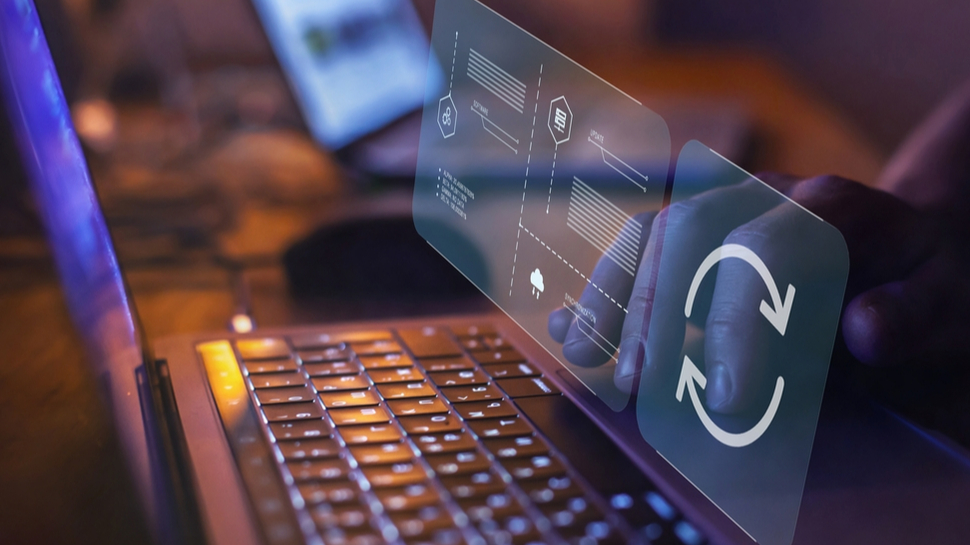
Given the scale of the threat landscape, cybersecurity is essential for consumers and businesses alike. Digital transformation has brought a plethora of tools to make our lives easier, like cloud storage, video conferencing software, and, of course, CRMs. But these tools have also expanded the attack surface for malicious actors to exploit.
Admittedly, some of these business tools should be more of a security priority than others. CRM software, for example, whether a cloud CRM platform or on-premise, will contain a large amount of sensitive data - the kind that threat actors are always trying to get their hands on. Internal data leaks also have to be guarded against, which can come about due to either technical or human failings.
While the usual security methods continue to apply - using the best antivirus software and malware removal tools - there are specific steps you can take to safeguard your CRM data. If you want to ensure all the right safeguards are in place, be sure to keep reading.
How to make sure your CRM data is absolutely secure
Why CRM security is important

Considering that we use digital tools in almost every facet of our daily lives, you might well ask why securing your CRM is of particular importance. Firstly, it’s because of the kinds of information at risk. CRMs are treasure troves of sensitive information, including customer contact details, purchasing patterns, and even financial data. If any of this data was to get into the wrong hands, an individuals privacy or finances could be compromised.
In addition, CRM security my be a regulatory matter. Protecting these platforms is likely to be fundamental to achieving compliance, with many markets employing increasingly stringent regulations around data security. Failure to comply with these regulations may not just lead to fines but also significant reputational damage. This could cause huge damage to customer trust and loyalty - denting your revenue for years to come. This is why CRM security is about more than ticking legislative and regulatory boxes. It’s a strategic necessity.
Step 1: Choose a trusted provider
Your choice of CRM will go a long way to determining how secure your data is. There are a huge number of different CRM platforms on the market. There are more niche players, like CRMs specifically for sales, real estate, insurance, and recruitment, as well as more general tools like open-source CRMs and CRMs for small businesses. As well as having different target audiences and industries, however, these CRMs will all differ in terms of their security credentials.
Some platforms, such as HubSpot, Zoho and Salesforce, are commonly lauded for their security. Others direct their focus on other areas, like feature sets, support, or integration. For some industries in particular, however, placing security a anything other the main priority is risky. Consider how important security is to the vendor when choosing your next CRM software.
Step 2: Authenticate and authorize

Even if you’re working with a CRM provider you trust, it’s a good idea to implement ctrong authentication and authorization protocols to safeguard your data further. This will allow you to verify the identity of any individual that wants to access your CRM database. You can then grant or deny permission for them to complete certain actions. For example, you might want to limit certain employees to viewing your CRM data, while others have full edit access.
Necessitating strong passwords or even two-factor authentication is a good idea for protecting your CRM data. Make use of a password manager if you want this level of security for your CRM data without introducing additional frustration or “password fatigue” for your employees. Only authorized users should be able to access your CRM data - and even then, only the information that they need. Don’t let your CRM data be a free-for-all.
Step 3: Monitor your CRM activity
It’s a good idea to implement stringent security processes around your CRM data but that doesn’t mean you can just leave your chocen tool to do its own thing. Good security relies on monitoring CRM activity, tracking processes and recording all the events that occur within your CRM database. Audit CRM processes, including logins, errors, anomalies, and any changes to the data.
Carry out periodic reviews of your CRM activity logs so you can investigate anything suspicious as soon as possible. Malicious activity can lie undetected within a corporate network for some time if businesses don’t take a proactive approach to rooting it out. Monitor how user interact with your CRM to ensure this doesn’t occur at your organization.
Step 4: Train your staff
Cybersecurity is as much about technical solutions, as it is human skills. Educating your staff on how to use your CRM safely is one of the best security practices you can implement. Regular training updates will ensure your employees know what to look for when cybercriminals target them with phishing, malware, or other exploits.
Don’s assume that your employees are up to speed with the latest best-practices in the world of cybersecurity. It is surprisingly common for data leaks to stem from poor password hygiene or simply clicking on a dodgy link. The cybersecurity landscape is fast-moving and cybercriminals are constantly thinking of new ways to target data - especially the kind of valuable information contained in a CRM. Your employees could be your weak link in terms of your CRM security, or they could be one of your strongest safeguards.
Step 5: Backup and update

Although prevention is always better than a cure, sometimes your defenses are breached. When that happens, you’ll be glad you installed that backup software to instantly restore your information. Backing up your data will mean you can access a recovery version at a moment’s notice - regardless of whether you’ve been the victim of a DDoS attack, a ransomware program, or are simply experiencing some unexpected downtime.
As well as regularly backing up your data, it’s also a good idea to install regular security updates and patched to ensure your CRM is protected against the latest threats. Plus, frequent updates will also ensure you have access to the latedts features, which is bound to keep your customers happy. Security updates aren’t any use if they remain pending. Download as soon as you can to ensure your CRM has the latest protection.







